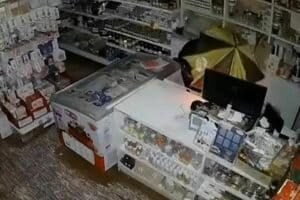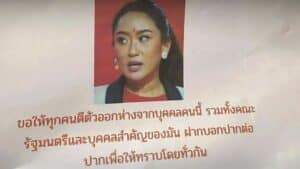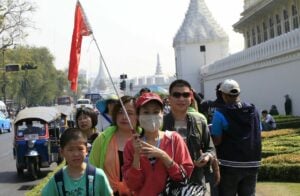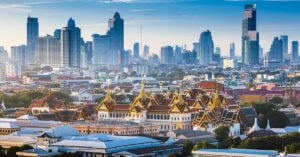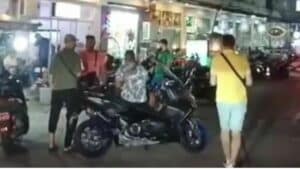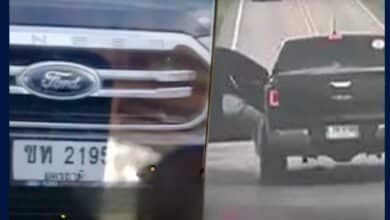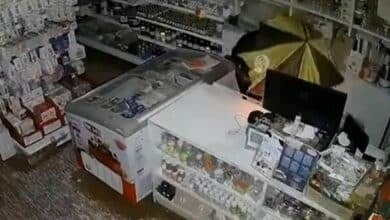Anti-alcohol law has “bounty hunters” snitching for reward money
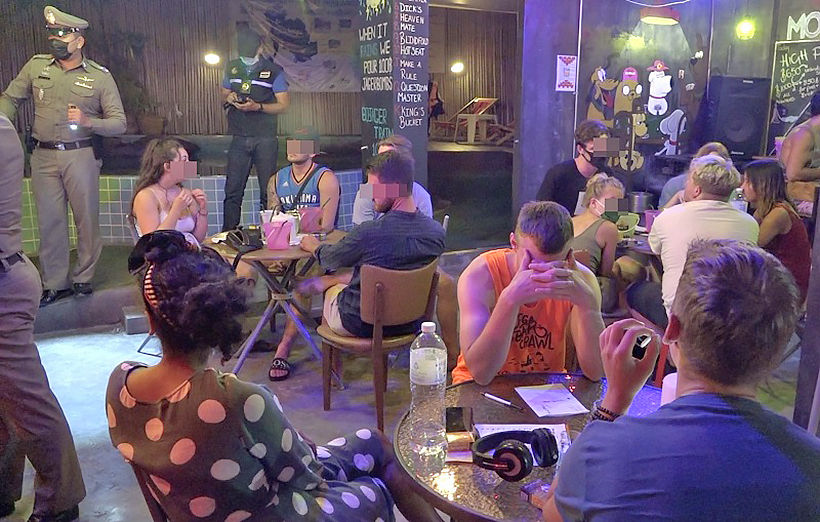
Educating people, or advertising, online about alcoholic beverages is a crime in Thailand – a lesson learned the hard way by the administrator of a Facebook page detailing thee differences in the many types of craft beers when he was fined 50,000 baht for “advertising” alcohol on social media.
Police told him they received a “tip-off from someone”. Artid, the admin of “Daeg Beer Hai Plea Kaem,” says he was never paid for the beer reviews he wrote, but officials insisted on sending him to court for breaking a notorious law that criminalises any gesture that “advertises” alcohol or “induces” others to drink, including photos of alcohol on social media.
He is one of the many bloggers and Facebook users caught in a recent trend of snitches reporting online photos of alcohol to authorities in exchange for reward money of 7,500 baht.
“This law is incentivising people to snitch and turn others in. If I spent all my days screenshotting and snitching, I’d be rich too. My friend was also fined because 1 of their Facebook friends snitched to the Ministry. We can’t even trust people in our friends lists.”
The law banning public display of booze has been in effect since 2008, but alcohol aficionados say it’s being used without restraint during the coronavirus pandemic to extort fines from regular citizens who discuss alcohol on social media while bars and pubs remain closed.
Under the wording of Article 32 of the Alcohol Beverage Control Act, any action “deemed by officials as inducing others to drink is punishable by a fine of 50,000 baht”. Fines go up to 500,000 baht if the offender is a manufacturer. Online advertising of alcoholic products or even displays of a glass filled with alcohol are also banned under the same law.
Those who report such “offences” to authorities receive a cut of 7,500 baht, and that’s where the bounty hunting begins, according to a lecturer on food and beverage regulations who teaches food science at Rajamangala University of Technology Thanyaburi.
“Only 40% goes into state coffers. The rest is reward money.”
“Witch hunting is definitely happening. The officials will not reveal who reported on them,” he continued. “If you hate someone, you can just call the police on them and they will never know who told on them.”
The lecturer, who also runs a Facebook page about alcohol laws, says a Facebook user recently posted a photo of beer that they like in a private setting. 1 of their 1,500 Facebook friends later reported the user for the photos, and collected the 7,500 baht bounty.
It seems to be an increasingly common experience. A Facebook page called We Can Choose posted on Sunday a photo of their 50,000 baht fine receipt, which said the page was guilty of posting images of alcohol.
Officials said the law prevents stealth advertisement targetting social media users, especially young people, but critics say the latest crackdown on booze photos will only hurt alcohol traders forced to sell online in the time of Covid-19 lockdown that’s shut down pubs and bars indefinitely. The government said on Wednesday that nightlife establishments will not be included in the “Phase 4” of business reopening.
Although the fines can be contested in court, very few people take the risk because of the time and cost involved in legal proceedings.
The lecturer said he will file a petition to the Ombudsman’s Office and the Council of State to see if the alcohol law is unconstitutional.
“This law is implemented by people with no knowledge about craft beer, and lots of prejudices. They think it’s just an evil thing that must be erased. My page is never even about asking people to drink. It’s a serious, even academic, page analyzing craft beers.”
SOURCE: Khaosod English
Latest Thailand News
Leave a Reply
You must be logged in to post a comment.






